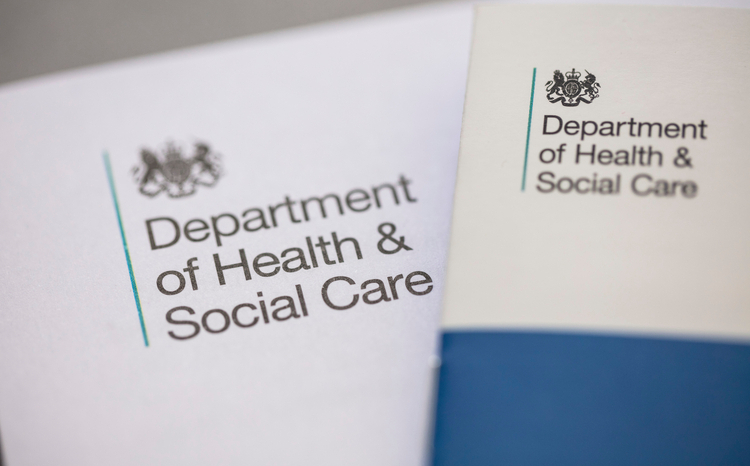Car emergency call system gathers pace
- 25 September 2007
A European Commission proposed system, aiming to provide cars in Europe with a direct contact to the emergency services, is gathering momentum after three more countries agreed to take part in the scheme.
eCall is a pan-European in vehicle emergency call system which uses the European emergency number 112 in the event of an accident. The latest backing from the Czech Republic, Portugal and Spain means that 12 of the 27 EU member states have now committed themselves to the proposal.
A Commission spokesperson told E-Health Europe how the system will work: “In the event of an accident, the on-board eCall device transmits an emergency call to the most appropriate public service answering point (PSAP) along with certain vehicle-related data – notably the vehicle’s precise location.
“The system is based on the use of the single European emergency number 112, which will allow its interoperability throughout the European Union (EU). The emergency call can be triggered either manually by the occupants of the vehicle or automatically, in the event of a serious accident, thanks to sensors installed in the vehicle.”
Using the system, basic information about the crash, including the exact location of the accident scene, is communicated via this call, even when a passenger is unable to communicate.
The availability of the location information reduces rescue services’ reaction time by 50% in rural and 40% in urban areas. The EC estimates suggest that this could save up to 2,500 lives in Europe each year, and lead to less severe injuries in 15% of all non-fatal cases.
Viviane Reding, European Commissioner for the Information Society and Media, said in a press statement: “With this technology, your car could save your life. Advanced information and communication technologies have great potential to improve road safety in Europe. Like anti-crash radar, eCall is an area where EU-wide consensus can help remove technological and commercial barriers to the take-up of life-saving road safety systems in Europe.
“This is an important contribution from these countries to making European roads safer. Against this background of growing momentum of the eCall initiative, the Commission will soon start negotiations with car manufacturers from Europe, Japan and Korea to equip all new cars in Europe with eCall by 2010.”
The countries that had previously signed the eCall Memorandum of Understanding are: Austria, Cyprus, Finland, Germany, Greece, Italy, Lithuania, Slovenia, Sweden as well as Norway, Iceland and Switzerland. The Netherlands are expected to be the next country to sign up to the eCall initiative.
Commissioner Reding warned that all other countries should take part, or could be forced to.
“Let’s make no mistake: important EU countries are still not responding to eCall. If this does not change quickly, it could endanger both Europe’s competitiveness and – more important – the lives of European citizens. I therefore urge the remaining EU countries to join the eCall initiative in the months to come. Otherwise, intervention with an eCall Directive is an option that I will take into consideration,” she said.
To ensure the proper functioning of eCall, the answering point services will need to be modernised to enable them to handle the automatic data transmitted by the vehicles; this will require significant investment.
The annual costs associated with introducing the system are estimated at €4.55bn a year and relate specifically to the costs of installing the system in vehicles and modernising the public service answering points.
An EU spokesperson said: “The main advantage of the system is that it provides the emergency services with instant information about the precise location of the accident, thereby reducing their response time considerably
“Thanks to the reduction in emergency response times, the system will also ensure a corresponding reduction in the number of traffic jams attributable to road accidents.”
The large scale roll-out of eCall is a priority goal of the eSafety initiative. The eSafety initiative was launched by the European Commission in 2002.
Links




